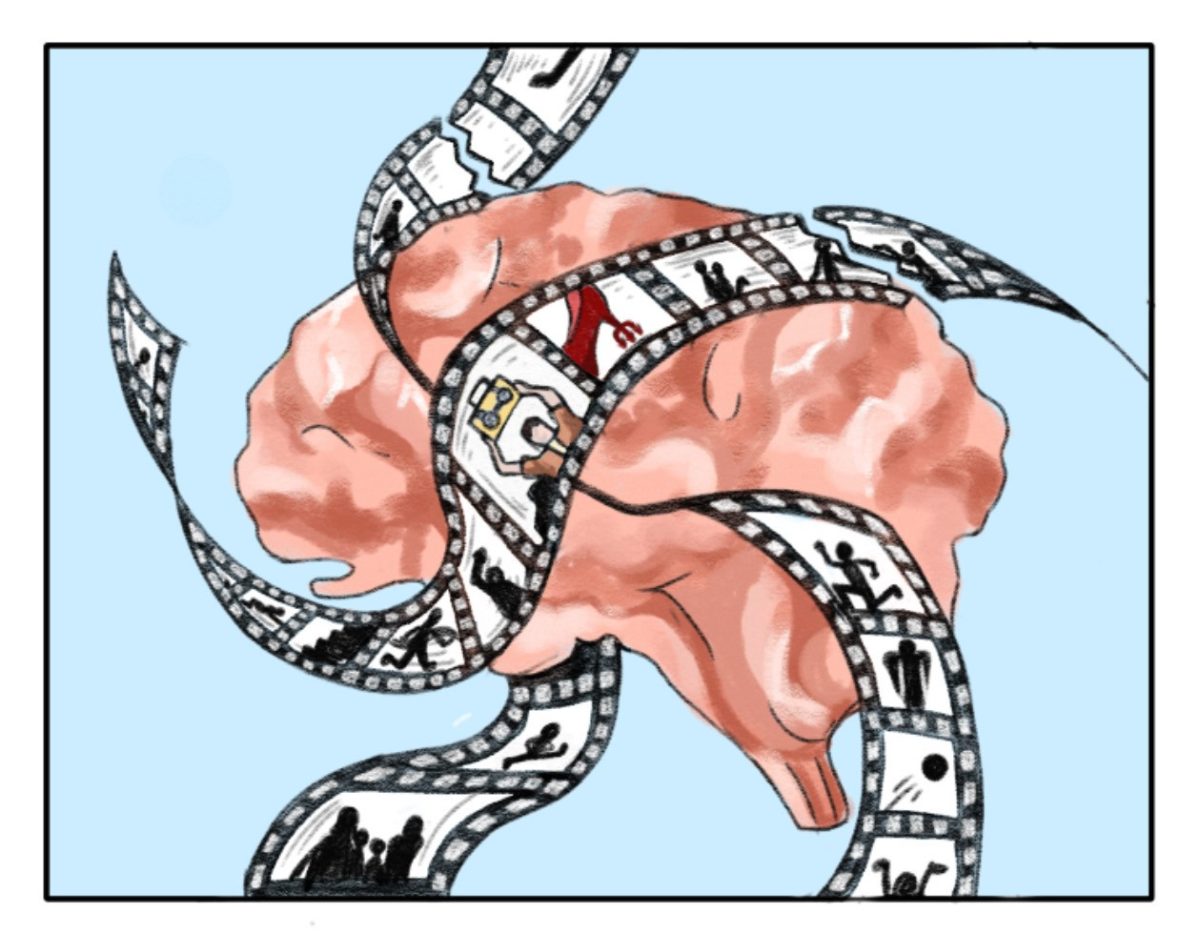“So, like, when we–uh–use, like, too many fillers, umm, our audience has to work, you know, harder to, like, follow our message, and—so, like, we risk, uh, losing their, uhh, attention.” How often do you hear this? Do your classmates often lather their sentences in “like’s,” “uh’s,” and “um’s”? Does your speech tend to follow a similar pattern? Filler words have a bad reputation as proof of a speaker’s nerves or unpreparedness because they break the flow of the speech and instill doubt in the speaker. But what if they aren’t completely negative? We must cast away our stigma of filler words and open our minds to the benefits that these short phrases can bring to our general speech.
“Common knowledge” says that filler words only negatively affect the speaker’s impact on their audience. This belief is not entirely inaccurate; however, it overlooks the nuance: filler words only negatively impact the speaker’s impact when overused. In fact, filler words in moderation not only have minimal negative effects but also great positive effects on both audience comprehension and speaker effectiveness. In a study observing the effect of filler words on the amount of people agreeing to take a telephone survey, researchers found that callers who used fewer than 1.28 filler words were not only seen to have the same level of eloquence as those who didn’t use filler words, but more people agreed to participate in the telephone survey with those callers. These results stem from the idea that filler words suggest to the audience that the speaker is “tailoring” their words to them, creating a stronger speaker-audience relationship and enhancing the effect the speaker has on the audience. Like many things that we consider inherently negative, filler words can be helpful in moderation. And so that we can use these words to improve our speech, we must understand the two different filler words and their effects on the audience.
Discourse markers—one type of filler word that is characterized by short phrases such as “like,” “you know,” and “I mean” —clarify relationships between sentences, which can enhance audience comprehension. Consider two sentences: “Today I’m going to talk about something we all do, but never notice: filler words.” “Those little words such as ‘uh,’ ‘um,’ ‘like,’ and ‘you know.’” Though these independent clauses are clearly related, introducing a filler word further emphasizes their relationship: “Today I’m going to talk about something we all do, but never notice—filler words. You know, those little words such as ‘uh,’ ‘um,’ ‘like,’ and ‘you know.’” This emphasis aids the audience’s understanding of the speech. Additionally, discourse markers help refocus the audience. In most public speaking settings, speakers actively avoid saying “you know,” and “like.” As a filler word contrasts with the speech’s overall diction, they immediately refocus the audience on the speaker. And since the main goal of speech is to convey a message to an audience in the most comprehensible way, incorporating discourse markers to clarify a relationship between sentences and refocus the audience can help achieve this goal.
Filled pauses—a second type of filler word defined by short vocalizations such as “uh” and “um” —allow a speaker to pause and collect their thoughts without interruptions. Speakers often pause to gather their thoughts and concisely convey a new, complex topic to the audience. However, in a conversation, the other person may take this pause as a sign that the speaker has finished and begin speaking. Filled pauses literally fill the pause, which informs the other person that the speaker is not finished, allowing the speaker to express their thoughts completely. While silence in transitions can be powerful, it is far more important to prevent an audience from interrupting your turn to speak. And when used minimally, filled pauses can be used to prime the audience for what the speaker says next—an additional benefit. By understanding filler words and their usage, purposefully placing them within your speech will improve not only your speech but also the impact you have on the audience.
Speech, especially public speaking, is necessary in high school, college, and a professional career. Although most people believe that filler words are inherently harmful to this skill by hindering the speaker’s message and credibility, it is not the specific words that hinder it—it’s their usage. Excessive filler words will negatively affect a speaker’s message, but viewing this as the only truth does not acknowledge the positive effects that the occasional use of these words create. These short phrases and utterances can become powerful tools that make your speech compelling to an audience. Stop viewing filler words as an enemy to your speech. Start considering them as an ally.









